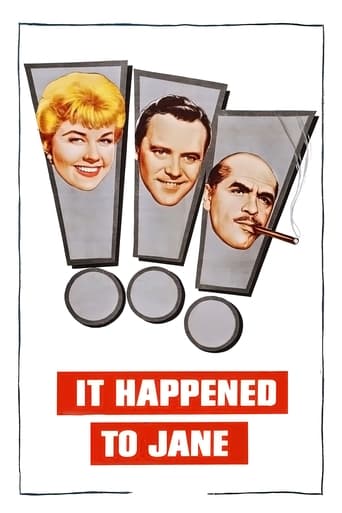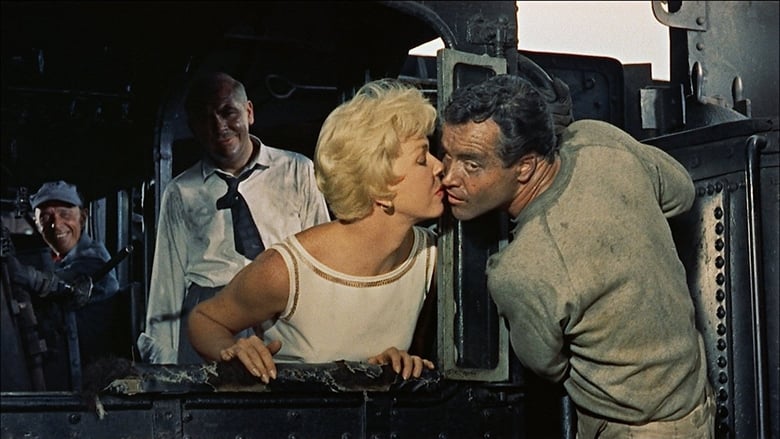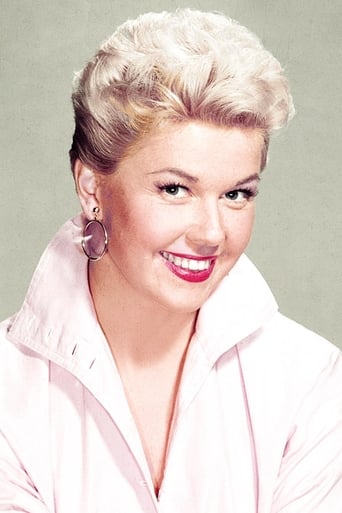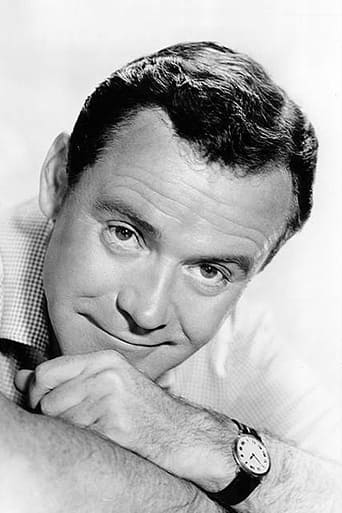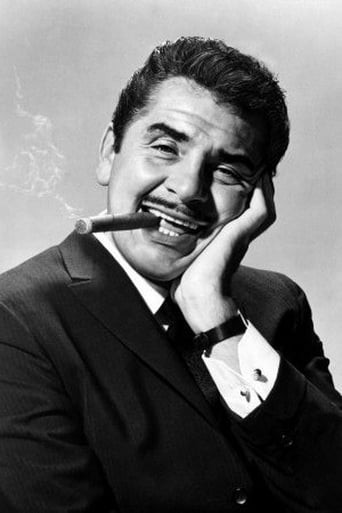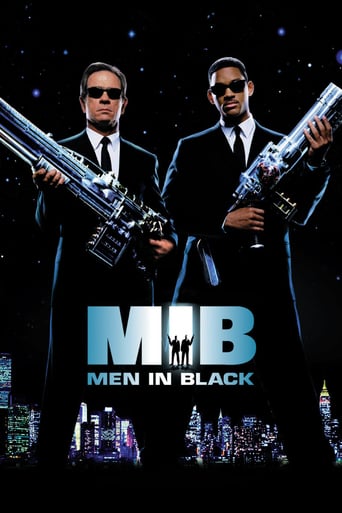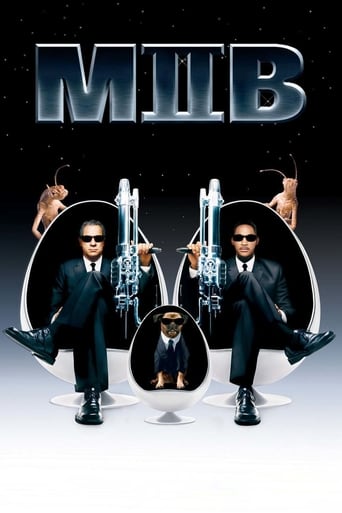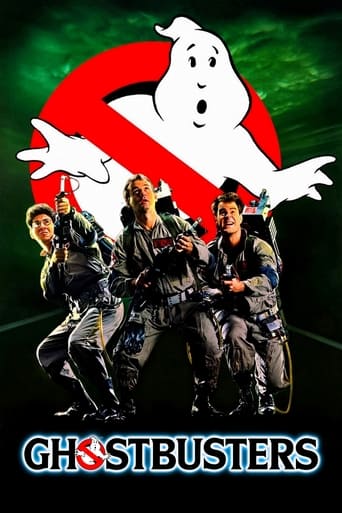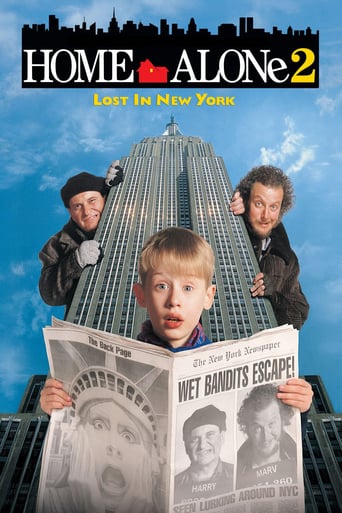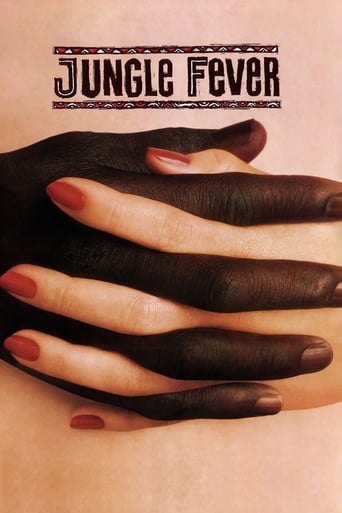It Happened to Jane (1959)
Jane Osgood runs a lobster business, which supports her two young children. Railroad staff inattention ruins her shipment, so with her lawyer George, Jane sues Harry Foster Malone, director of the line and the "meanest man in the world".
Watch Trailer
Cast


Similar titles
Reviews
This move is filled with smiles and laughter. Doris Day didn't just make great social comedies with Rock Hudson. Before, after and in between "Pillow Talk" and "Send Me No Flowers," she romped through comedies with James Garner, Rod Taylor, Clark Gable, Cary Grant and others. She sang and danced in musicals with Frank Sinatra, Gordon MacRae, Howard Keel, Jimmy Durante, and Danny Thomas. And, the versatile Day showed she could act very well in dramas and suspense- thrillers with James Stewart, Rex Harrison, Louis Jordan, James Cagney and Kirk Douglas. "It Happened to Jane" is a wonderful comedy and light romance with two great comedy co-stars, Jack Lemmon and Ernie Kovacs. Apparently, this was re-released two years later under another title, "Twinkle and Shine." Kovacs is the perfect cad – "the meanest man in the world." He is Harry Foster Malone, chairman of the E&P Railroad, who can't be bothered by small town Maine lobster dealer, Jane Osgood (Day). But, when her friend and small town attorney, George Denham (Jack Lemmon) helps her sue the E&P for damages because of its foul-up, Malone has met his match. When the controversy draws New York news media attention, Malone has to concede to save face. But, just as we think Jane has succeeded and gotten a fair deal, Malone pulls some more shenanigans to try to derail her. This happens a few times in the film. It all builds up to more entertainment and fun.This is a fun-filled film that the whole family should enjoy
Doris Day is an astute businesswoman who deals in the mass production of Lobsters. When her latest delivery goes awry due to incompetence of the E&P Railroad, she decided to take them on. All while affairs of the heart try to come into play.Nothing really wrong with the film as such, it's all very harmless, a pleasant romantic comedy, with a likable cast (Jack Lemmon & Ernie Kovacs join Day)to while away the time with. It's just not a very interesting story, one where the love arc plays second fiddle to a bunch of over cooked sequences elsewhere. Whilst what could have been a strong feminist front never quite gets driven home. 6/10
Doris Day is a lobster marketer in a small Maine town. Jack Lemon is the suitor who is unwilling to "commit" -- that is, marry her. But don't worry. Later, Steve Forrest's interest in Day will kick start Lemon into a proposal.Romantic busyness aside, Day has a run-in with railroad magnate Ernie Kovacs over a shipment of lobster. Kovacs owns everything. But Day and Lemon acquire an old steam engine and determine to market their lobsters in towns all the way down to the big cities. Kovacs throws every possible impediment, legal and physical, in her way. Day becomes a figure as popular as Charles Lindbergh. (Kids, Charles Lindbergh was the first person to fly across the Atlantic -- that's an ocean -- by himself, and that was in 1927, before you were born, assuming you were born.) Day and Lemon fight against all these obstacles. Ernie Kovacs is "the meanest man on earth." He looks great, though. His name is "Harry Foster Malone", as in "Charles Foster Kane." The top of his head has been shaved so that, from certain angles he actually resembles Orson Welles in old age make up.Kovacs has a fine time with the role too. At one point, surrounded by dozens of hostile witnesses, he's trying desperately to persuade Day and Lemon to follow some suggestion that will work to his advantage and he's interrupted by some snotty little child's remark. Kovacs looks down at the brat, with an expression that's no more than a sneer trying to mimic a smile. Then he slowly reaches out a large, claw-like hand as if to pat the kid on the head, but the hand takes on a willfulness of its own and seems to glow with the desire to crush the little monster's skull.It's hardly a riotous comedy and far from a masterpiece but it's a movie with more substance than most of the films Doris Day was to make during the decade that followed. The conflict between Day and Malone holds the story together and the shots of the old locomotive puffing through the greenery of New England are colorful.The fictional town of Cape Anne, Maine, is almost like a portrait of Norman Rockwell's America. There is a Town Hall meeting where anyone can stand up and speak his mind on an issue. Day shows the visiting Steve Forrest around the village. Here is the town church, spic, span, and sparse, the interior painted white with brown trim. You can almost smell it. This is the town hall where issues are decided democratically. Here is the cemetery where Day's ancestors are buried, including one who fought in the Revolutionary War. The streets are clean, the furniture sturdy, the people well intentioned. Oh, there is a hint of selfishness but the good folk of Cape Anne are soon shamed out of it. It's like brushing away a fly speck on that Rockwell portrait of the lean, craggy guy in the worn leather jacket who is standing up and speaking at the Town Hall.It's reassuring. Here are the little people acting independently, David against Goliath. And they win. Of course, the greater message is that, to put it simply, small towns are good while the cities are cesspools of evil.I rather enjoyed it, despite its being a predictable fantasy. I wouldn't mind living in a small New England town like that. I could be the crazy old coot who buys nothing but pork and beans at the grocery store and of whom everyone is both tolerant and fond. Anybody could play that role.
This film was produced by Doris Day's husband at the time, Marty Melcher.The film is set in Maine. Doris Day is the owner of a tiny company that sells lobsters. When a shipment of hers is allowed by the railroad to sit for several days instead of sending it to the customers, the lobsters die and her company loses several important contracts. She contacts the railroad to have them pay damages and they agree to pay the going rate for the lobsters. However, Day isn't about to just accept this--her company reputation has been harmed and she is without customers. And, she hires her goofy friend (Jack Lemmon) to represent her in a lawsuit, as the railroad isn't about to budge. Normally, you'd think that the railroad would just pay her off, but the owner (Ernie Kovacs--who is very difficult to recognize under all the makeup) refuses. The case is decided in Day's favor, but the lawyers for the railroad mean business and promise to tie this up in appeals for years--even though the amount is only a couple thousand dollars. Fortunately, the judge must have really felt that the railroad was acting in bad faith, and so Day is awarded one of the railroad's engines to hold until they do pay. Soon, things escalate wildly out of proportion, as the story hits the national newspapers and the public support for this tiny company against an uncaring corporation is strong. So strong, in fact, that Day becomes an instant celebrity. As the case escalates further and further, where is all this going to lead?! The railroad is mean and nasty and they aren't about to give in--nor is Day.Despite losing money and being considered one of Day's 'lesser' films, I enjoyed this little civics lesson very much. Kovacs was quite enjoyable as the evil corporate giant and the script was fresh and amazingly original. If you like this film, try watching "Solid Gold Cadillac"--a film with a similar one lady versus corporate big-wigs script.

